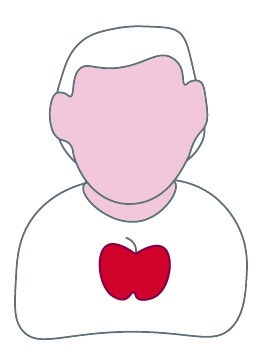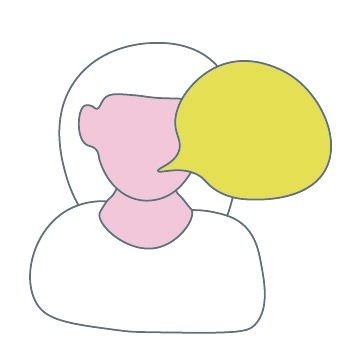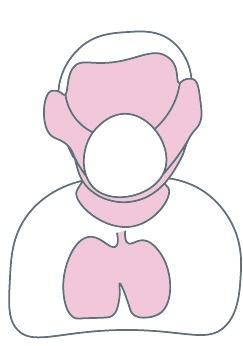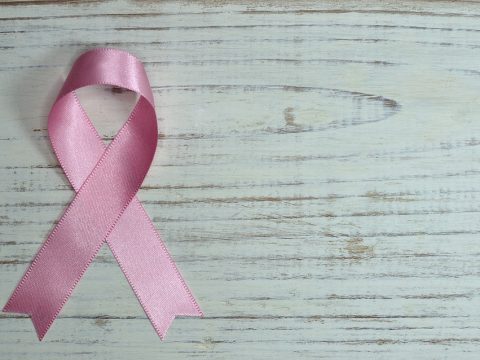Allied Health Professionals are increasingly involved in allergy care and prevention, therefore we must standardise and foster their competencies in this field.
When your child is diagnosed with a food allergy, one of the first questions that you will ask yourself is “what will I feed him/her?” and you will seek the advice of a dietitian.
If you are at risk of an anaphylaxis attack, a trained nurse will explain how to administer auto-injectors with adrenaline.
And when dealing with the emotional burden of having an allergy, a psychologist can guide you through coping strategies and day to day management.
While your doctor will, in most cases, be your first point of contact, allergic conditions are broad-ranging and so are the professions involved in their effective care. Such a multi-disciplinary approach will result in better care given from those with the most appropriate skill set.
To reach improved treatment and support, Allied Health Professionals (AHPs), such as nurses, dietitians, psychologists, physician assistants, pharmacists and others, are increasingly working at the forefront of healthcare.
The rising prevalence of allergic diseases has in many countries been successfully supported by a more prominent role for AHPs. In turn, the support of AHPs in the treatment of allergy has been shown to greatly improve patients’ lives.
“I can’t thank the Emergency services and medical staff enough. I owe them my life. When the paramedics arrive, it’s a relief I can’t explain. I admire all medics they devote their lives to helping people like me, without them I may not be here,” says Jo Keeling, former Police Officer for the Hamsphire Constabulary, who suffered a severe anaphylactic reaction to latex and was immediately attended to by ambulance staff.
“I strongly feel that the psychological processing of the issues and implications of an allergy/coeliac diagnosis is vital to ongoing adherence and well being,” says Hazel Jacklin, coeliac disease sufferer, about the importance of counselling post-diagnosis.
It is imperative that patients receive the best quality of communication and timely care that they deserve. Therefore, all AHPs that deal with allergy services should have the required competencies. Although AHPs are highly trained – increasingly at post-graduate level – their competencies vary considerably from country to country. There is currently no international agreement as to the essential competencies for all AHPs working with allergic patients.
In order to address this issue, the AHP Interest Group of the EAACI has established a task force to consider the role of AHPs in allergy, understand the differences between countries, the competencies required and what the educational needs are in this sector. The ‘EAACI AHPs Competencies Document’ that has resulted from the task force’s efforts paves the way for standardized quality allergy pathways that enhance patient experience.
“This paper goes a long way towards reassuring patients that those involved in the care of their allergy problems have a depth and breadth of knowledge and competencies to enable them to fill their role,” says Dermot Ryan from the Allergy and Respiratory Research Group, University of Edinburgh.
Who are the AHPs involved in the diagnosis and management of allergic disease?
| Specialist Nurses
|
|
| Allergy Specialist Dietitians
|
|
| Psychologists
|
|
| Pharmacists
|
|
| Speech and Language Therapists
|
|
| Respiratory Therapists and Physiotherapists
|
|











